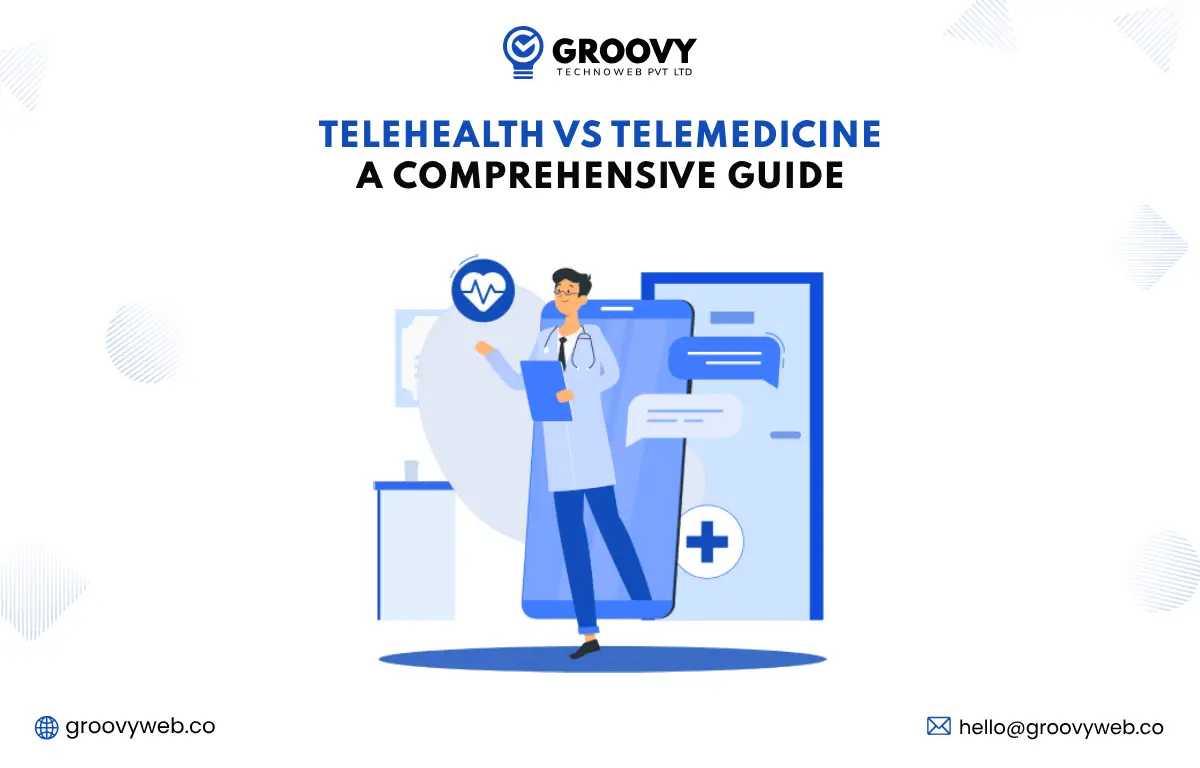Best Android Framework For Mobile App Development In 2023
Rahul Motwani
April 11, 2022 918 Views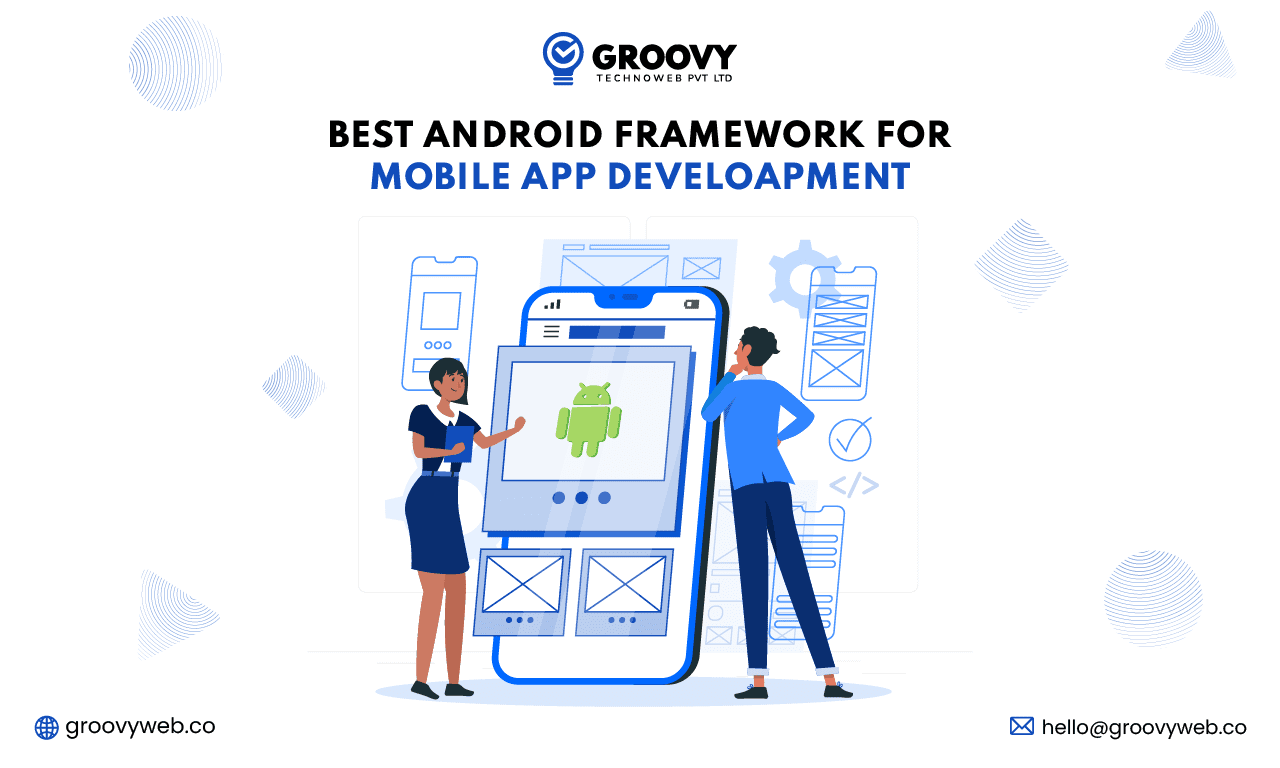
Quick Summary : This article discusses the best android framework for app development in 2022. It provides a brief overview of the features and benefits of each framework. It also provides a brief overview of the best mobile app development tools for iOS and Android.
Android framework are development tools becoming increasingly popular worldwide for generating apps quickly and efficiently without spending time and money on resources. Their exponential growth is the increased demand for mobile apps, as many people use mobile devices. Businesses are transitioning from traditional trading to a new, more complex form of online business.
According to the market research future, the mobile app development market is expanding rapidly at CARG 14%. It is likely to touch revenue of around $270 Billion by 2025. These stats demonstrate the increasing on-demand for mobile apps in the market. Innovative tools are capable of building an android app in less time, and a pocket-friendly budget is required to cater to such requirements. Those tools are mobile application frameworks and will turn the mobile app development market upside down by 2030.
Best Android Framework For App Development in 2022
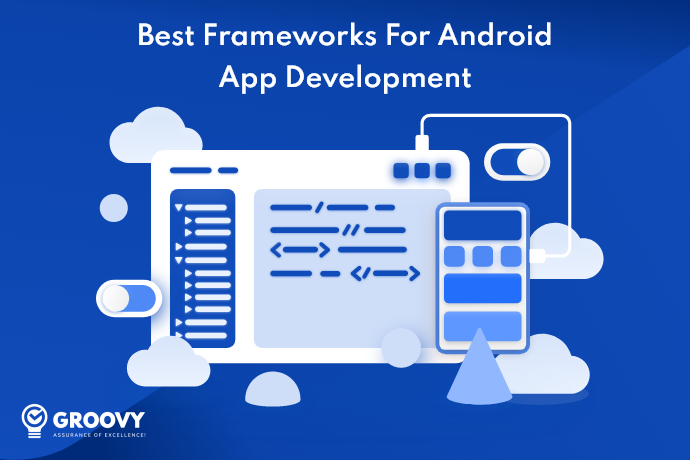
Let’s have a closer look at the best and most popular yet effective frameworks for android app development in 2022 and their characteristics are as follows
1. React Native
Facebook released React Native, a JavaScript-based app development platform, in 2018. This android framework is in high demand among app developers worldwide, with 42 percent of mobile app programmers using it. The platform’s appeal stems from the fact that it allows developers to construct native-looking mobile apps for Android and iOS devices.
This framework’s main feature is a cross-platform mobile app development with a single code, making it extremely popular among app developers, business owners, and start-ups. Because it is cost-effective and time-saving, it allows start-ups to remain competitive in the market.
Characteristics of React Native Framework:
- Low-code
- Less time spent on development
- Third-party plugins are supported.
- A declarative API is available for predictive UI.
- Reloading in Real-Time
2. Flutter
A user interface toolkit developed by Google allows developers to create visually stunning. Native-like apps for various operating systems and devices using a single codebase. Widgets are used in this open-source mobile app SDK to develop a responsive mobile application. This functionality allows developers to easily tweak existing apps and create new ones in the shortest amount of time possible. Also available is Skia, a 2D graphics engine that will enable developers to generate a completely natural feel as requested by the customer.
Characteristics of Flutter Framework:
- Both iOS and Android are supported.
- Support for widgets is strong.
- Material design built-in
- Cupertino widgets built-in
- Own rendering engine rich motion APIs
3. Ionic
Ionic is an open-source android framework based on Angular.js and Apache Cordova that is free to use. People can use this framework to create cross-platform mobile apps for three different platforms: Android, iOS, and Windows. Ionic-based mobile apps are powerful, feature-rich native apps with smooth app performance.
App programmers can use the Ionic framework to integrate UI features like list views, filters, forms, action sheets, navigation menus, etc.
The Ionic framework is a perfect choice when developers have hands-on experience with coding languages like HTML, JavaScript, or CSS. The business owner wants to create interactive, high-performance hybrid/cross-platform mobile and progressive web apps.
Essential Ionic Frameworks Characteristics:
- UI components that are easy to use
- App time is reduced.
- The developer community is vital.
- It has complete control over the development of your app.
4. Sencha Ext.js
This JavaScript framework creates a data-intensive android framework for web and mobile applications. It is also a mobile development framework that works across platforms. It also comes with over 115 pre-integrated and high-performing UI components, including an HTML5 calendar, pivot grid, trees, D3 adapter, lists, menus, forms, toolbars, windows, panels, etc.
Sencha Ext.js includes the following features:
- It can handle millions of records
- It has an excellent Analytical power
- Adaptable layout system
- The visual display of data
- Data-Driven Documents is a cutting-edge software package (D3)
5. Corona SDK
It is a well-known open-source, free-to-use android app development platform that enables mobile game apps. This android framework is built on the Lua scripting language, a lightweight, user-friendly, and extensible scripting language for creating game apps.
Corona SDK is a popular tool for creating cross-platform mobile gaming apps for iOS, Android, and Nook platforms.
Characteristics of Corona SDK Framework:
- A framework that works across multiple platforms
- Free of charge
- Simulation in real-time
- Testing in real-time
6. Appcelerator Titanium
It is an open-source, cross-platform app development framework that allows developers to create native Android, iOS, and Windows apps from a single codebase. It uses Ally and built-in UI components to make app creation more accessible and faster, resulting in more user-friendly mobile apps. Appcelerator incorporates its APIs and UP components to create a high-performing app. This cloud-based android framework allows developers to use it whenever and wherever they wish.
Characteristics of Appcelerator Framework:
- A free, open-source framework
- As a Service, integrated mobile back-end
- It is simple to learn
- Prototyping in a hurry
7. Native Script
Native Script is a mobile app development platform that enables the creation of native Android and iOS apps from a single codebase. Instead of using web views to render the user interface, Native Script uses Angular, JS, Vue.js, SML, CSS, and other frameworks to combine native APIs. It uses all iOS and Android APIs to give apps native-like performance.
Characteristics of Native Script Framework:
- APIs that are native to the platform
- Native UI components are used.
- Development for many platforms
- Solid back-end support
8. Onsen User Interface
When creating complicated android applications, Onsen UI is often regarded as the most powerful technology available. It makes stunning HTML apps using JavaScript, HTML, and CSS. It also includes Angular.js, Angular 2+, React, and Vue support. One feature of this platform that deserves praise is its ability to adapt its design to different platforms. Suppose we want a natural look for iOS and Android, for example. In that case, we can use the automated style on the UI components. Tabs, stack navigation, lists, forms, and other UI elements are many available.
Characteristics of Onsen User Interface Frameworks:
- Setup takes no time at all.
- It’s simple to use and understand.
- It is a development that is both time and money-efficient.
9. Corona
It is a cross-platform, open-source programming android framework that can create games and apps. Another name for it is the 2D game engine. It allows people to develop mobile and desktop apps with iPhones, iPads, tablets, Amazon Fire, Android phones, Macs, and Windows PCs, among other devices. You can also create suitable apps for Fire TV, Apple TV, and Android TV.
Characteristics of Corona Frameworks:
- It is a Lua-based game scripting language that is both powerful and lightweight.
- It provides support for any native library via a robust API.
- Streamlining the app development process
- It has surpassed 500,000 developers
10. Xamarin
It is a net-based mobile app development framework that is one of the best. Microsoft’s Xamarin is an open-source, cross-platform mobile app framework. This framework enables top mobile applications with the .Net and C# programming languages. The mobile apps created using Xamarin have a flexible native performance that gives a smooth user experience to end-users. Because Xamarin is cross-platform, it provides an android development ecosystem that includes a back-end, API, and components, among other things. In addition, the Xamarin framework makes it simple to integrate a variety of tools, libraries, and programming languages into the app development process.
Characteristics of Xamarin
- Emulator manager from Google
- Adaptable back-end infrastructure
- Around 60,000 contributors make up a robust community.
- Loader of applications
- Instruments for diagnosis
- Files with storyboards
- SDK manager for Android
Conclusion
We compiled this list of top android app development frameworks after analyzing several variables such as operating system, development time, and more.
Every day, mobile app development evolves from a single platform app to a cross-platform app. The mobile development trends have seen a continual paradigm shift due to this evolution in code. At the same time, we transition to hybrid, Native, and advanced web applications.
It includes IoT, AI, machine learning, and blockchain technologies, adapted. Provides the smartest, safest, and best user experience possible by hiring a top mobile app development company.
Written by: Rahul Motwani
Rahul Motwani is an experienced Project Manager with a demonstrated history of working in the information technology and services industry. He started his career as a Backend developer and currently has his hands-on managing projects at Groovy Web. He is a strong program and project management professional with a Bachelor's degree focused on Computer Application.
Related Blog
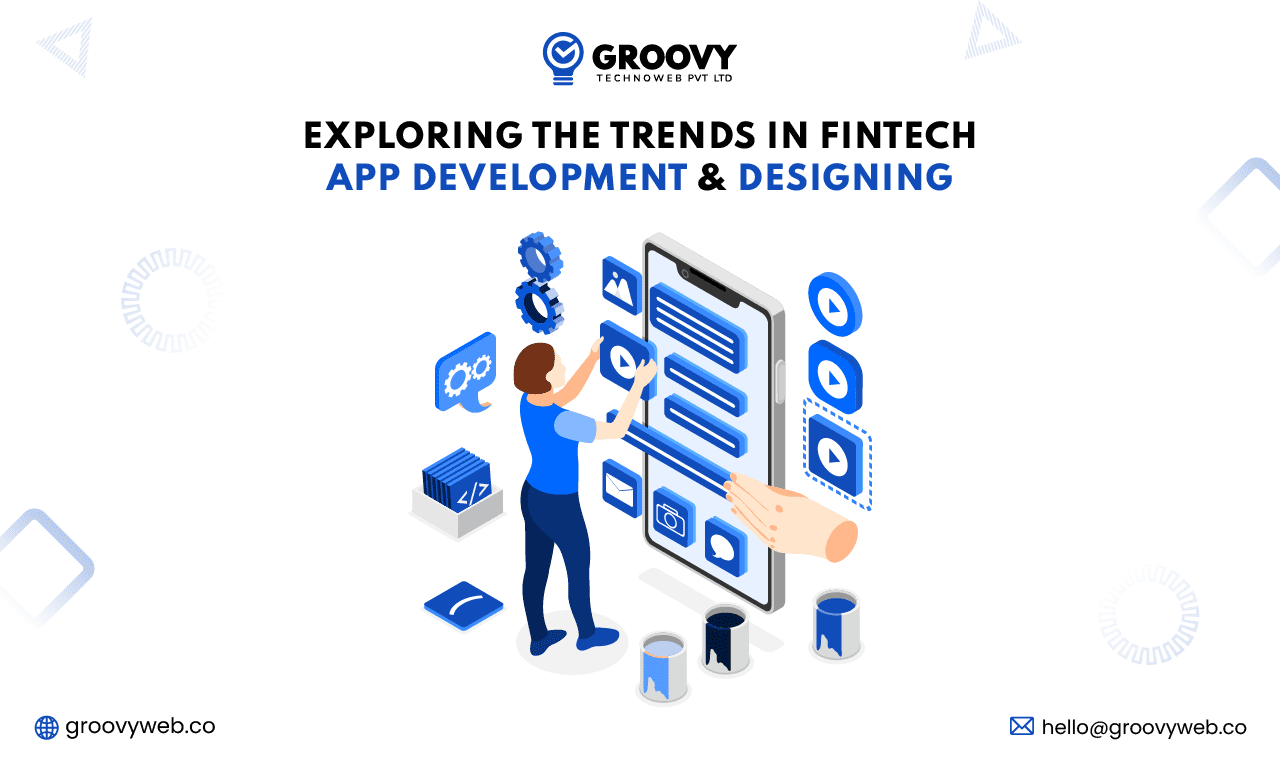
Nauman Pathan
Exploring the Trends in Fintech App Development & Designing
Mobile App Development 31 Aug 2023 14 min read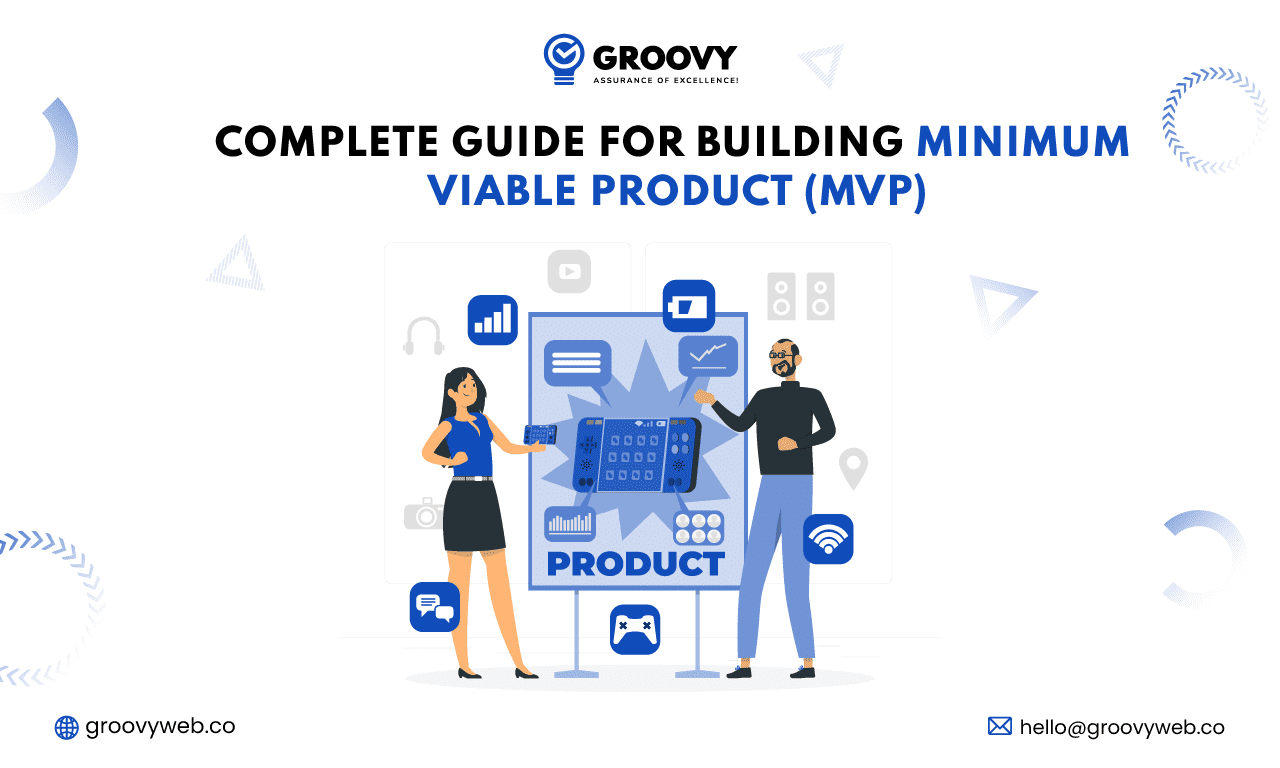
Rahul Motwani
Complete Guide for Build an MVP (Minimum Viable Product)
Mobile App Development 19 Jul 2023 35 min readSign up for the free Newsletter
For exclusive strategies not found on the blog
